Premium Only Content
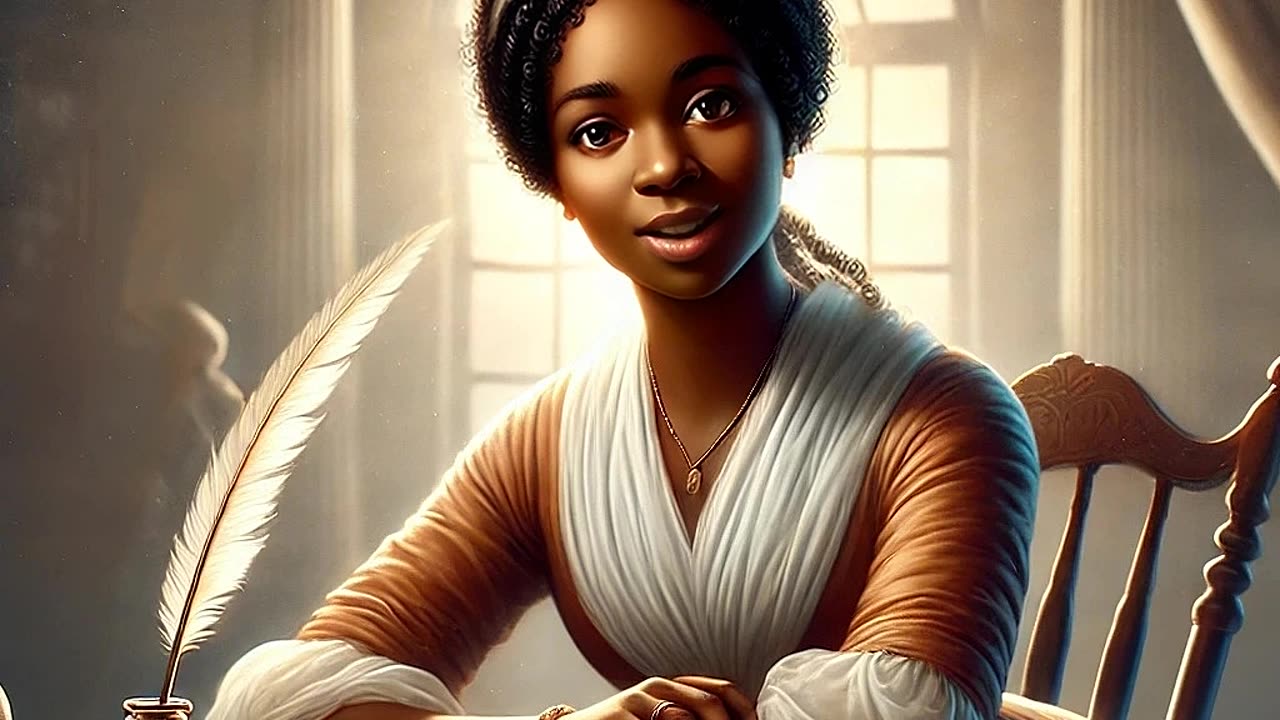
Phillis Wheatley Tells Her Story as the First African American Poet, Recognized by George Washingtn
Presented to you by: http://www.HistoricalConquest.com
Read more on our blog at: https://www.historicalconquest.com/blog
My name is Phillis Wheatley, and I was born in West Africa around 1753. My story, like many others who were taken from their homeland, began with tragedy. At the age of just seven or eight, I was kidnapped and sold into slavery. It was then that I found myself aboard a ship bound for Boston, where my life would change forever.
In Boston, I was purchased by the Wheatley family, specifically by Susanna Wheatley. Now, most people in my position would have remained in the shadows, performing domestic labor. But I was incredibly fortunate. The Wheatleys saw something in me, a spark, a curiosity, and they taught me to read and write—a rarity for an enslaved person. I devoured literature, learning English, Latin, and even a bit of Greek. It wasn’t long before I began writing poetry.
By the time I was in my early teens, I was already writing verses that caught the attention of some of the most important people in Boston. At 14, I wrote a poem about the death of the famous preacher George Whitefield, which garnered praise and made people notice me, not just as an enslaved girl, but as a poet. And I continued to write.
In 1773, something extraordinary happened. I became the first African-American woman to publish a book of poetry, Poems on Various Subjects, Religious and Moral. The publication of this book was no small feat. It was almost unheard of for someone in my position—a Black woman, and an enslaved one at that—to achieve such a thing. My works were praised by people like George Washington, who even invited me to visit him at his headquarters in 1776. I’ll admit, I was nervous meeting the Commander of the Continental Army, but his respect for my work meant the world to me.
My poetry wasn’t just about beauty or personal experiences. It often reflected the hope for freedom—freedom for my people and the growing movement for American independence. In fact, I found the contradiction deeply troubling. How could a nation that longed for liberty continue to hold so many in chains? My poems, like To His Excellency, General Washington, expressed my hopes for both the country and for my people.
But life wasn’t easy. After the death of the Wheatleys, I was freed, but freedom didn’t mean an end to hardship. Life for a free Black woman in the late 18th century wasn’t simple. I married John Peters, a free Black man, and while we struggled financially, my heart remained in poetry. Sadly, many of my later works were lost over time, and my final years were marked by poverty and personal tragedy. I died in 1784, just 31 years old.
But I want you to remember this: I defied expectations. Despite the weight of slavery, the barriers of race, and the limitations placed on women, I wrote my way into history. I showed the world that intellect, creativity, and human dignity are not bound by chains. My words were my freedom, and through them, I hope I gave voice to the voiceless.
So, as you study history, remember my story. The story of an enslaved girl who, against all odds, became a poet, and who, through her writing, helped shape the early consciousness of a young nation.
Visit us at: https://www.historicalconquest.com/marketplace
#historicalconquest #history #historical #ancientamerica #ageofexploration #france #french #iroquois #native #nativeamerican #nativeamericanhistory #british #england #religiouspersecution #expansion #truehistory #settlers #settlement #spain #france #French #Frenchhistory #frenchcolonial #frenchheritage #colonizers #colonizer #FrenchandIndianWar #RevolutionaryWar #AmericanRevolution
-
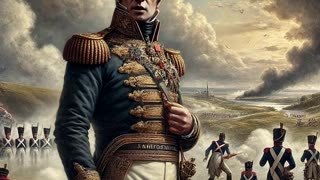 0:59
0:59
The Historical Conquest Channel
7 days agoWilliam Hull Tells His Story Serving in the American Revolution and War of 1812 and Being Sentences
161 -
 2:12:46
2:12:46
Price of Reason
23 hours agoAmber Heard BACKS Blake Lively Lawsuit Against Justin Baldoni! Is Disney CEO Bob Iger in TROUBLE?
60.9K24 -
 1:01:17
1:01:17
The StoneZONE with Roger Stone
18 hours agoChristmas Edition: Why the Panama Canal is Part of the America First Agenda | The StoneZONE
131K47 -
 18:12:15
18:12:15
LFA TV
1 day agoLFA TV CHRISTMAS EVE REPLAY
145K19 -
 13:32
13:32
Scammer Payback
19 hours agoChanging the Scammer's Desktop Background to his Location
14.5K3 -
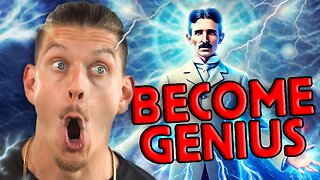 4:21
4:21
BIG NEM
21 hours agoNikola Tesla's Secret to Cultivating Creativity & Genius
10.6K1 -
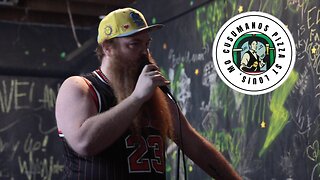 15:03
15:03
The Anthony Rogers Show
1 day agoAnthony Rogers - Live at Cusumano's Pizza (Upstairs)
8.49K1 -
 4:33:48
4:33:48
tacetmort3m
1 day ago🔴 LIVE - THE ZONE KEEPS PULLING ME BACK - STALKER 2 - PART 15
74.1K13 -
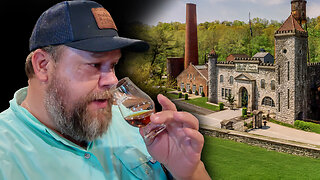 22:45
22:45
Brewzle
1 day agoI Went Drinking In A Real Bourbon Castle
53.4K4 -
 48:36
48:36
PMG
2 days ago $5.02 earned"Parkland Parent Speaks Out On Kamala Harris Using Victims"
43.1K12